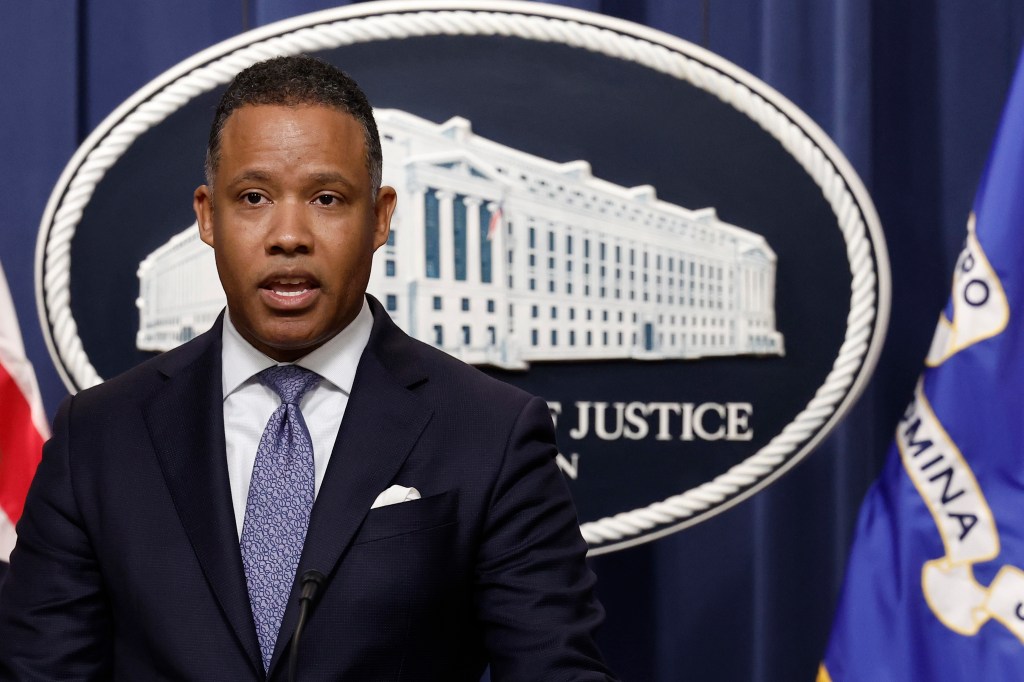Focus on prevention to weed out wrongdoing at the root, rather than on dealing with the end results of criminality. That was the message delivered by Assistant Attorney General Kenneth A Polite Jr in a speech to the American Bar Association on white collar crime on March 3.
His call to
Register for free to keep reading
To continue reading this article and unlock full access to GRIP, register now. You’ll enjoy free access to all content until our subscription service launches in early 2026.
- Unlimited access to industry insights
- Stay on top of key rules and regulatory changes with our Rules Navigator
- Ad-free experience with no distractions
- Regular podcasts from trusted external experts
- Fresh compliance and regulatory content every day












